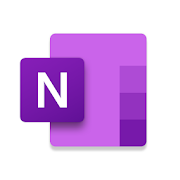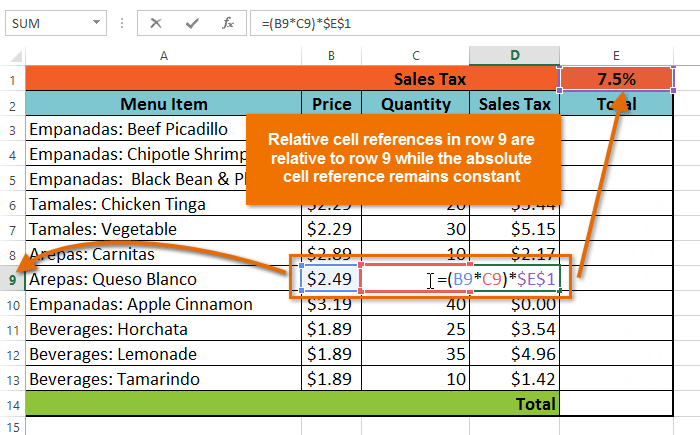Whenever you come across the term “Microsoft Excel,” automatically you probably think about a career where you  require a lot of number crunching like finance or accounting. While Microsoft Excel jobs in business may be prevalent, do not rule out other fields like health care or non-profits, where one can potentially make the most of Microsoft Excel and its training. You will find a number of uses for Excel, be it formatting cells, integrating Excel with software or protecting important information; it can also be used by an on-site COO or home-based entrepreneur.
require a lot of number crunching like finance or accounting. While Microsoft Excel jobs in business may be prevalent, do not rule out other fields like health care or non-profits, where one can potentially make the most of Microsoft Excel and its training. You will find a number of uses for Excel, be it formatting cells, integrating Excel with software or protecting important information; it can also be used by an on-site COO or home-based entrepreneur.
It is essential for you to understand why Microsoft Excel has become such an important and valuable tool in the corporate world and also in other areas. Excel is a spreadsheet program which assists the users in organizing huge amounts of data and performing functions like creating pivot tables, graphing, and calculations, among other things. It also makes it easier for the user to interpret information and numbers.
Besides accounting and finance, Microsoft Excel skills are also crucial for some common jobs like –
- Marketing Manages
- Business Analysts
- Project Managers
- Administrative Assistants
Benefits of Microsoft Excel training
Here are some compelling reasons which will justify the need for Microsoft Excel training –
Better looking resume – Recruiters are constantly on the lookout for hot keywords. They might give a second look, if they see “Microsoft Excel Training” listed in a resume. Highlight your Excel training by creating a separate section for “Skills and Abilities” along with other training programs that you have completed.
More Employable – Prior to your job hunt, if you get training on how to use Microsoft Excel you might have a leg up on other probable candidates who are not trained on that program. Strong analysis and organization skills are sought by many businesses and organizations; therefore, if you are trained in Microsoft Excel, employers may see you as a valuable asset who is capable of performing day-to-day tasks efficiently.
Organizing and Interpreting Information – Microsoft Excel is not just about long, endless rows and columns. It is an intelligent tool which allows you to track numbers, sort and filter lists, perform calculations, create formulas, develop charts and graphs and much more. If these skills seems like a big boost to your career, then subscribe to our sessions and webinars where we provide training programs to assist you in mastering this crucial software program.
As an owner of small business or working under a MNC, you will often have to work with others on an Excel worksheet. For example, if you have hired a sales or marketing consultant, you can give them an interactive worksheet for sales projections or expense reports. An interactive worksheet allows users to enter data in specific cells, giving them instructions as to what type of data is required in each cell and error messages if they enter the wrong data. You can also hide and protect formulas in the worksheet to prevent them from being accidentally modified or deleted by the user.
Join expert David Ringstrom, CPA in an engaging session where he explains how to implement a variety of techniques to create excel spreadsheets that are interactive, accurate, and user friendly. You will learn how to make such spreadsheets by demonstrations on how to use Excel’s Table feature, Text Box feature, and Data Validation feature.




